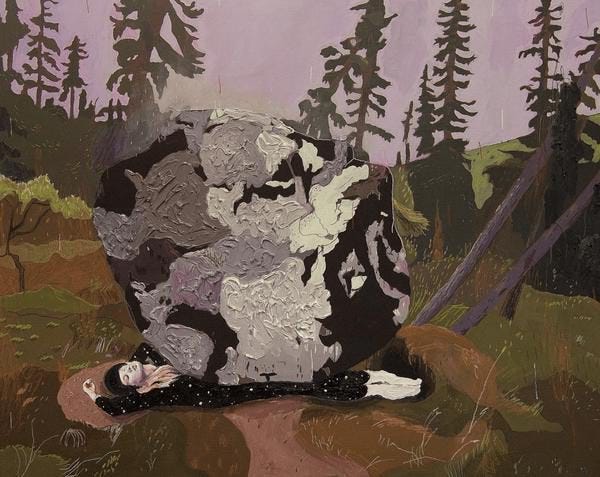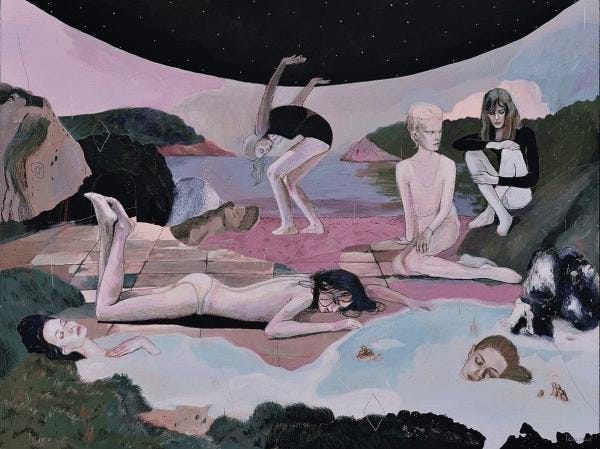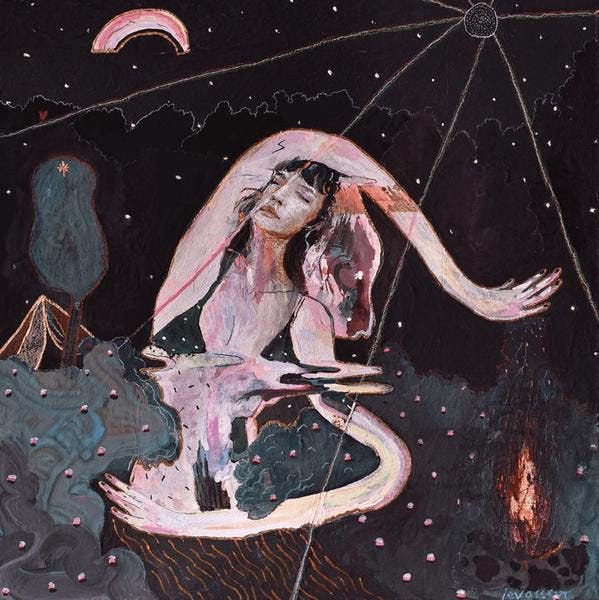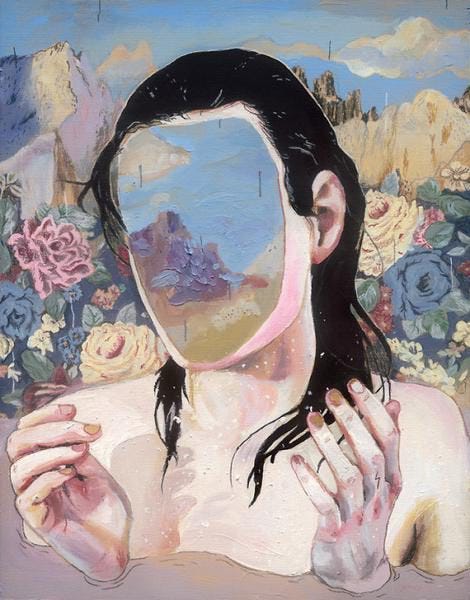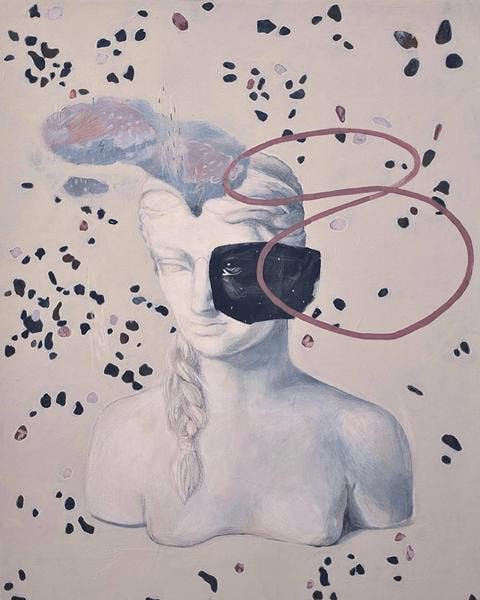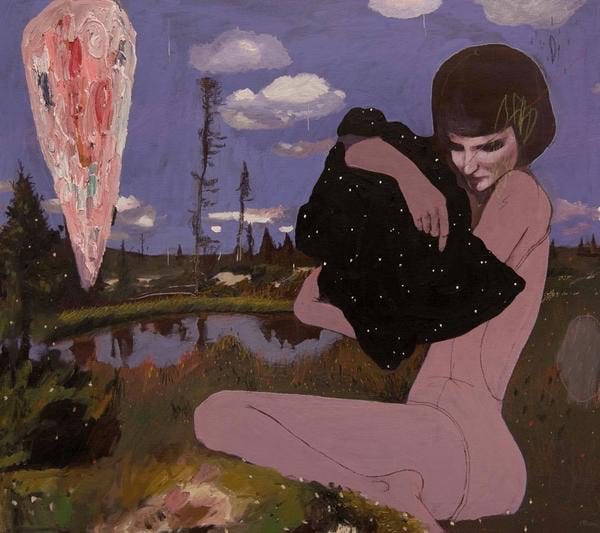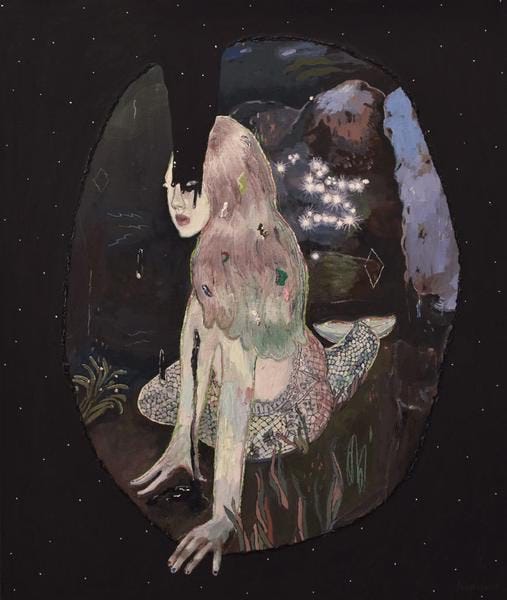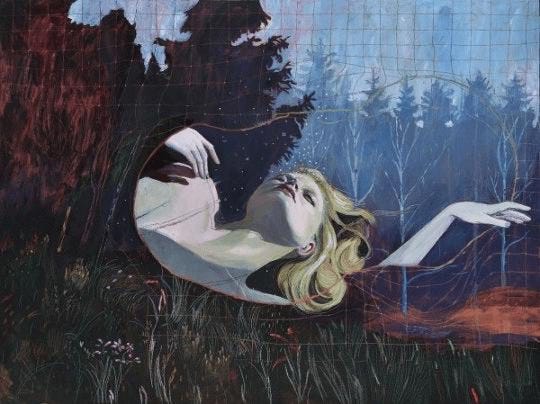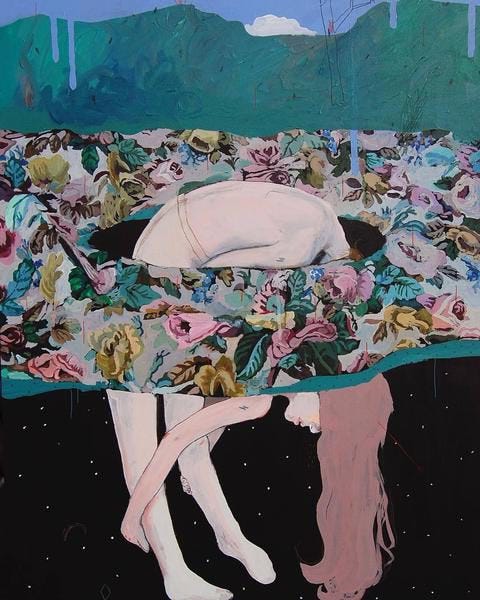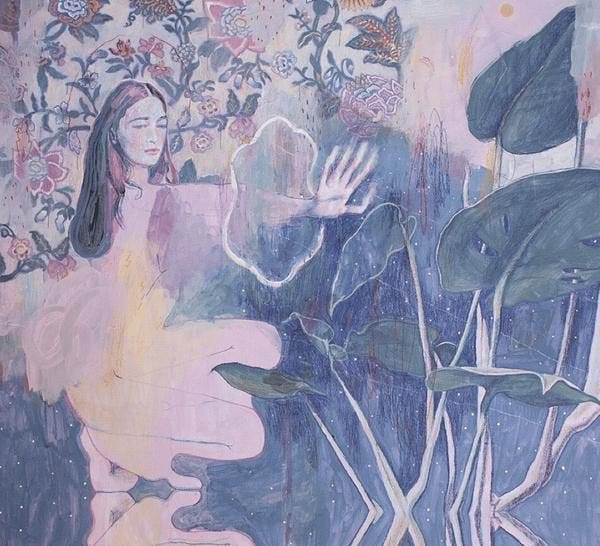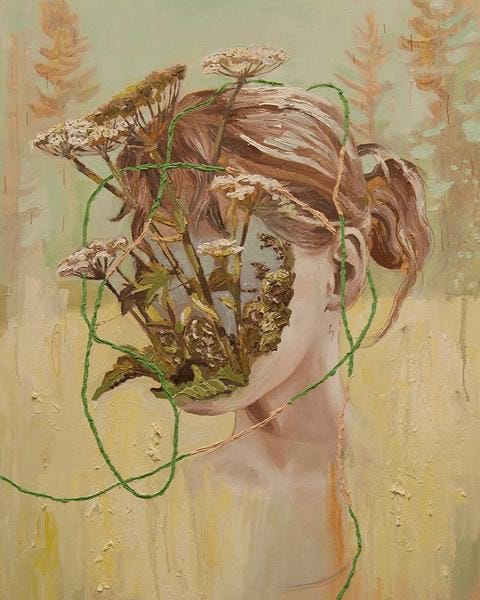self confirmation; self transformation
For a while now, I have been failing in my roles as a sister, lover, professional, and an activist. The failure has this continued, committed presence to itself in spite of the large quantities of ego used to quell it. I have been wanting and failing at connection, empathy, art, and daughterhood. I have been wanting and failing even while trying, while making meaning or sense of other people and their own eclectic ways of wanting and failing.
Failure is a strange emotion, it feels shameful by reason of being predicated on immense want, a want backed by no real evidence of action, and all the desire that underlies it. In a sense, failure is about lack and longing, both of which are antithetical to the capitalist ideal of achievement, competition, and hyper-performative-identities.
What then? I think you have to remind yourself that you're capable of having one good day, maybe even two in a row (rare); you have to bloom in a manner resembling rebellion. And it won't come naturally- some parts of looking for perseverance and resilience will always feel like abandoned territory. I wrote very recently about good days being so few that one has to mark them on a calendar as an act of commemoration. This series of- failure, courage, recovery, and bloom - refers to a vision of love that, although not spectacular or cinematic (but quite exhausting), is just this complicated bliss of effort and desire. Self-confirmation as means of self-transformation- it consists of showing up to the shitty job, the fraught relationship, the failed exam, and showing up with intention.
When I wrote this a few days ago, I was sitting on a couch in the middle of unopened boxes. It was my first night in a new house and I was in a rush to get to know it. I ate boiled eggs for breakfast, courtesy of an un-started kitchen and a very kind, gentle, and lovely man. It was delicious, salty, and soft. I was looking at photographs of sunsets from a place I bid goodbye to, a place I will forever commemorate as evidence of happiness and my abundant capability for it. Even on my last day, I felt the fullness of a relationship that was cherished on daily, something bereft of regret. It was something communal, gentle, shared.
Maybe then, all is not lost. Maybe still, we will always be losing and failing. The next morning I sat in traffic for three hours, got penalized for being late to work, guilted myself for being disinvested in my source of income, and picked a fight with my loved ones - for no reason whatsoever, I failed another day. This happens, still. It happens often.
Still, each morning, again and again, I reset and show up in the name of resilience, I try and do the work, and let it be some kind of bloom. You have to believe and invest in that kind of bloom, there really is no other way.
xx,
Srish
On Failure
It will be years before I understand failure, writes Jennifer Chang, etching her failure onto greenery, saying my yard / is a failure of field. Her poem 'The Winter's Wife' exemplifies the extent to which sadness and anxiety distort our perception of our reality. Chang finds it all cruel: the sun rays are the sun's rage, the yard is small and poorly tended, her want and her inability to unmoor from this want ...
But Chang's poem about failure is also a poem that recognizes her true desires, it acknowledges failure as a set of possibilities that only occur when she banishes these true desires. She doesn't even want a tended yard, she wants wild roots and inventions of bloom, she wants the unknown. She wants curiosity, if I could be a question / of tender regard; she wants to wreck order in orderly places, I know one algorithm: it has nothing to do with repetition or rhythm. She wants to change blueprints and maps. She refuses to conclude with darkness.
It will be years before I understand
failure. The sun’s last rage
in the winter trees. My yard
is a failure of field. It is small
and poorly tended. Years before
this hard kernel of worry
rises to a truer height, I can learn
to make shade with my palms,
but I cannot learn to unmoor my want.
I want wild roots to prosper
an invention of blooms, each unknown
to every wise gardener. If I could be
a color. If I could be a question
of tender regard. I know crabgrass
and thistle. I know one algorithm:
it has nothing to do with repetition
or rhythm. It has the route from number
to number (less to more, more
to less), a map drawn by proof,
not faith. Unlike twilight, I do not
conclude with darkness. I conclude.
— Jennifer Chang, The Winter’s Wife
Before it was possible
to imagine my life
without it, the winds
arrived, shattering air
and pulling the tree
so far back its roots,
ninety years, ripped
and sprung. I think
as it fell it became
unknowable. Every day
of my life now I cannot
understand. The force
of dual winds lifting
ninety years of stillness
as if it were nothing,
as if it hadn't held every
crow and fog, emptying
night from its branches.
— Joanna Klink, On Falling (Blue Spruce)
On Courage
“I want to write down everything I know about being afraid, but I’d probably never have enough time to write anything else. Afraid is a country where they issue us passports at birth and hope we never seek citizenship in any other country. The face of afraid keeps changing constantly, and I can count on that change. I need to travel light and fast, and there’s a lot of baggage I’m going to have to leave behind me.”
— Audre Lorde, A Burst of Light and Other Essays
“I am writing you from the future to remind you to act on your belief, to live your life as a tribute to our victory and not as a stifling reaction to the past… We have the world we deserve and we acknowledge everyday that we make it what it is… We shifted the paradigm. We rewrote the meaning of life with our living. And this is how we did it… We let go. And then we got scared and held on and then we let go again. Of everything that would shackle us to sameness.”
— Alexis Pauline Gumbs, Octavia’s Brood: Science Fiction Stories from Social Justice Movements
On Recovering
I love this poem 'Love After Love' by Derek Walcott. It's a re-reckoning of sorts, with the self, imagined as a fresh arrival to one's own door, in your own mirror, and each will smile at the other’s welcome. Recovering as an act of looking back at what used to be and has always been, an act of giving oneself permission to eat, and to give wine/bread/heart. Our entire life becomes something worth sitting with and feasting on. How beautiful, this thought ... the idea of taking down the love letters from the bookshelf, the photographs, the desperate notes ... to be able to peel your own image from the mirror. how incredible, this ability to have loved and lost, and loved and lost, over and over again.
The time will come
when, with elation
you will greet yourself arriving
at your own door, in your own mirror
and each will smile at the other's welcome,
and say, sit here. Eat.
You will love again the stranger who was your self.
Give wine. Give bread. Give back your heart
to itself, to the stranger who has loved you
all your life, whom you ignored
for another, who knows you by heart.
Take down the love letters from the bookshelf,
the photographs, the desperate notes,
peel your own image from the mirror.
Sit. Feast on your life.
— Derek Walcott, Love After Love
The clock is imaginative,
it has time or we imagine it has time.
I’m not sure how to measure
this gift, sanctioned by the stars. They
stay constant although they are dead.
They send what came before what
came last: light, aftermath.
— Spell by Ann Lauterbac
On Blooming
After it ended badly it got so much better
which took a while of course but still
he grew so tender & I so grateful
which maybe tells you something about how it was
I’m trying to tell you I know you
have staggered wept spiraled through a long room
banging your head against it holding crushed
bird skulls in your hands your many hearts unstrung
unable to play a note their wood still beautiful
& carved so elaborately maybe a collector would want them
stupid collectors always preserving & never breaking open
the jars so everyone starves while admiring the view
you don’t own anyone everything will be taken from you
go ahead & eat this poem please it will help
— Kim Addonizio, Here
It might not happen for a long time,
but one day you run your fingers through the sand again, scoop a fistful out,
and pat it into a new floor. You can believe in anything, so why not believe
this will last? The seashell rafter like eyes in the gloaming.
I’m here to tell you the tide will never stop coming in.
I’m here to tell you whatever you build will be ruined, so make it beautiful.
— Hala Alyan, Spoiler
All the pictures in this newsletter are works of Alexandra Levasseur, we do not own them, and have used them for fair use only.

